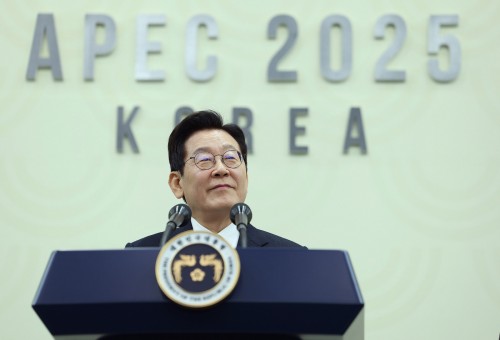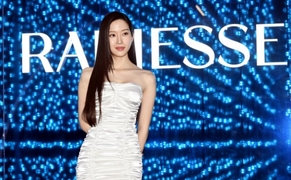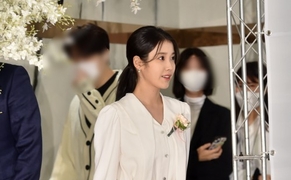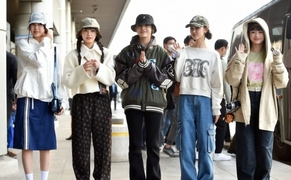 |
| President Lee Jae-myung holds a press conference for the 2025 Asia-Pacific Economic Cooperation (APEC) Summit at the HICO convention center in Gyeongju on November 1. / Source: Yonhap News |
After wrapping up a week of intense summit diplomacy, President Lee Jae-myung cleared his schedule on November 3 to prepare for his upcoming policy address on next year’s budget and to review the outcomes of the APEC summit. He also directed his aides to draw up follow-up measures from his recent foreign engagements.
“The president has no official schedule today and is fully devoted to the policy address,” a senior presidential official said. “He will also review diplomatic achievements from the summits and shift his focus back to the livelihood of the people.” According to the presidential office, this week’s meetings of senior secretaries, including those chaired by the president and the chief of staff, remain unscheduled — a sign of the heavy diplomatic workload ahead.
At the top of the agenda is the formalization of the U.S.–Korea agreements on security and tariffs. Although the two leaders reached a consensus during their summit, key details remain to be finalized. In the tariff negotiations, observers are watching how the clause ensuring conditions “no less favorable than those granted to rival Taiwan” for semiconductor tariffs will be implemented. Attention is also focused on reconciling the differing interpretations between Washington’s claim that “Korea agreed to fully open its market” and Seoul’s assertion that it “firmly defended against additional agricultural market openings.”
In the security sphere, Seoul is seeking to secure the right to enrich uranium and reprocess spent nuclear fuel through a revision of the bilateral nuclear agreement, while also clarifying how Washington’s offer to provide nuclear propulsion fuel will be reflected.
Presidential Chief of Staff Kang Hoon-sik said during a briefing, “Our assessment is that the Korea–U.S. MOU and joint fact sheet on tariffs and security could be finalized within this week,” adding that “there are no major differences between the two sides.”
Unresolved issues also remain in Korea’s diplomacy with Japan and China. While President Lee and Japanese Prime Minister Sanae Takaichi reaffirmed the importance of shuttle diplomacy and bilateral cooperation on the sidelines of the APEC summit, they did not delve into the sensitive historical disputes. With China, continued consultations are required on matters such as the lingering ban on Korean cultural content, sanctions on Hanwha Ocean, and the West Sea structure issue.
Most Read
-
1
-
2
-
3
-
4
-
5
-
6
-
7





















